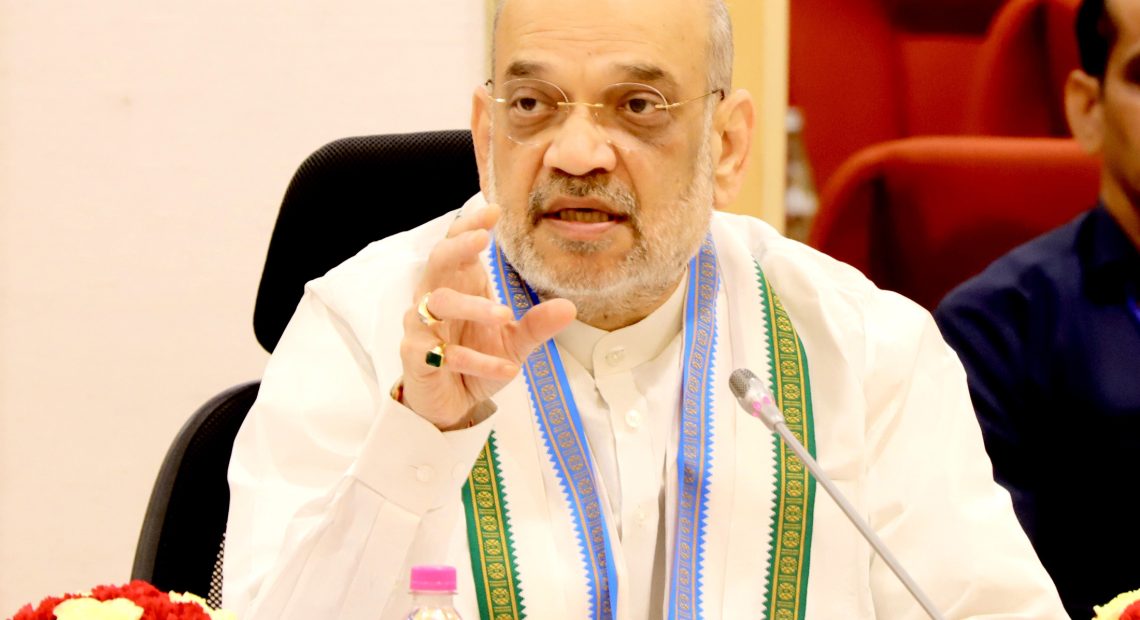
Amit Shah Sets ₹2 Trillion Export Goal for NCEL
In a major policy push to elevate India’s cooperative sector on the global stage, Union Home and Cooperation Minister Amit Shah has announced a ₹2 trillion export target for the National Cooperative Exports Limited (NCEL). Chairing a detailed review meeting in New Delhi, Shah emphasized that cooperatives must move beyond domestic markets and position themselves as key global players.
As part of this directive, NCEL has been asked to identify three unique products that are currently not being exported from India. These will serve as new focus areas under the expanded export strategy. Shah specifically pointed to sugar from cooperative mills, aromatic rice from Tripura, organic cotton, and coarse grains as high-potential items. He also encouraged collaboration with large Indian firms to export vegetables to Gulf nations and promote special potato varieties globally.
Shah instructed that all exports from cooperative entities should mandatorily go through NCEL to ensure centralized value capture. He projected a turnover of ₹20,000–30,000 crore from cooperative exports post-tax and operations, with profits channeled directly back to the cooperatives. As part of its international strategy, NCEL has also been advised to open offices in Africa and Myanmar to explore commodity import opportunities such as pulses. A dedicated website will soon be launched to serve cooperative stakeholders.
In the fiscal year 2024–25, NCEL reported a turnover of ₹4,283 crore and a net profit of ₹122 crore. Its export footprint has already expanded to 28 countries, and it has built partnerships with over 60 global importers, including those from Southeast Asia and Africa.
Shah also reviewed progress made by two other national cooperative bodies — National Cooperative Organics Limited (NCOL) and the Bharatiya Beej Sahakari Samiti Limited (BBSSL). NCOL has been tasked with crossing ₹300 crore in turnover by the end of 2025–26, with organic products being made widely available across major retail chains such as Amul, BigBasket, and soon, Reliance stores. States will be directed to form certified organic farmer groups to build an integrated value chain.
For BBSSL, Shah emphasized the development of new sugarcane strains with high sugar yield and minimal water requirements. The seed research center in Kalol, Gujarat will focus on fast-maturing, high-yield crops such as tur, urad, and maize. There are also plans to set up tissue culture labs to support top banana-producing states and develop fodder seeds for distribution through NDDB and Amul networks. He further directed BBSSL to focus on seed production for potato varieties suitable for processing industries, including French fry manufacturing.
The meeting was attended by senior officials from the Ministry of Cooperation along with managing directors of NCEL, NCOL, and BBSSL. Shah underscored that the future of India’s rural economy rests on the strength of its cooperatives and their ability to generate value through international engagement.


















